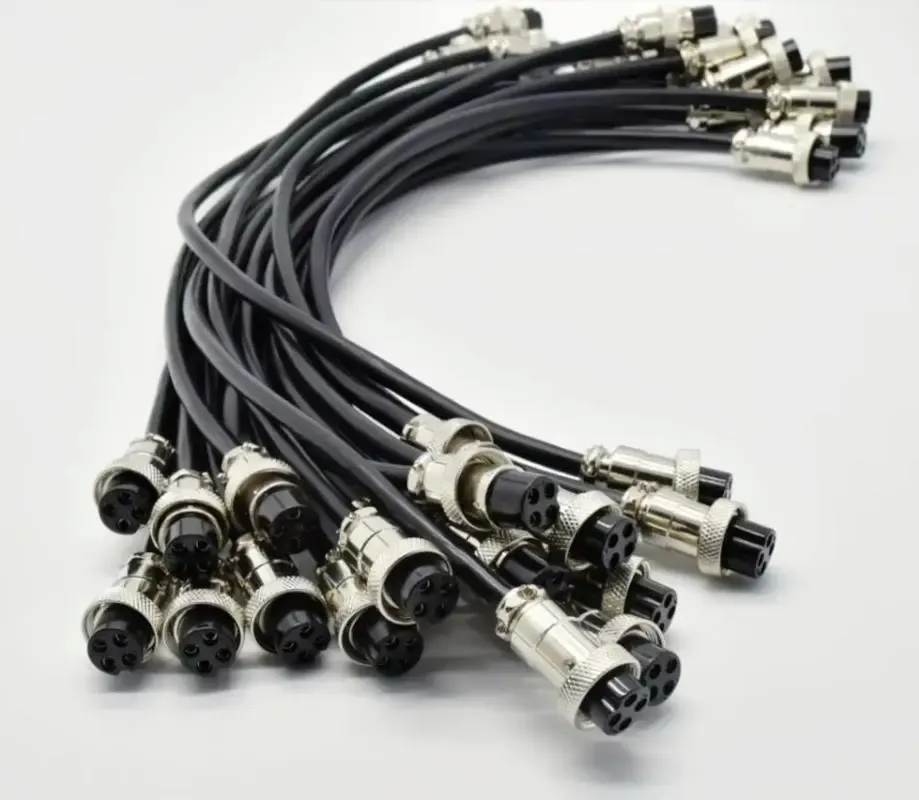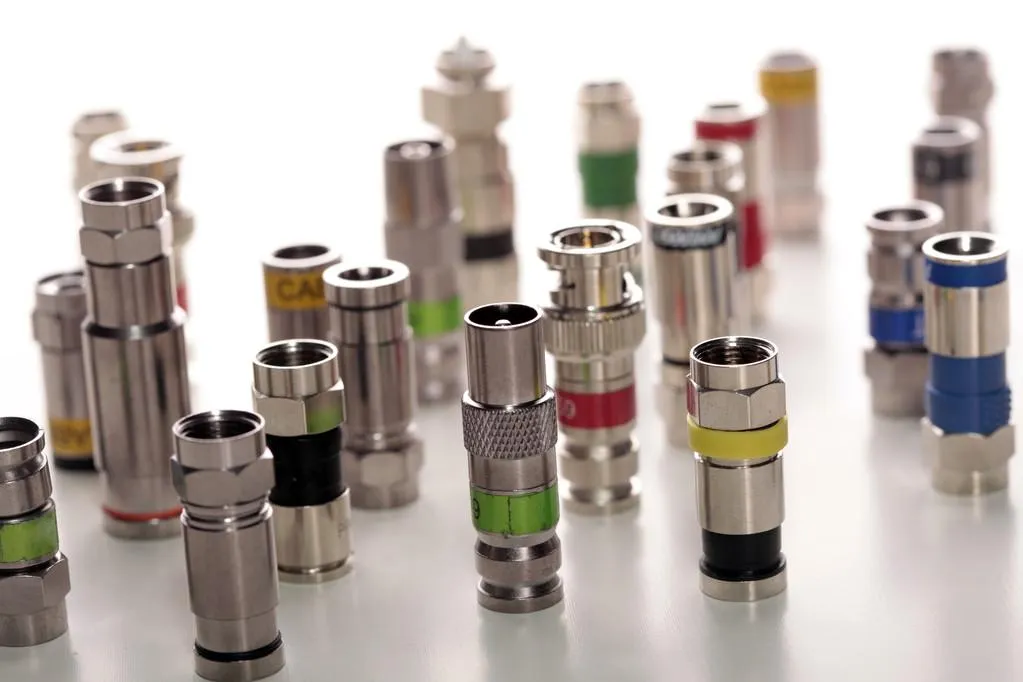Cable connectors play a crucial role in electrical systems by ensuring stable current transmission and reliable operation. There are various types of cable connectors, each with unique characteristics and applications. Here is a detailed overview of the main types of cable connectors and their features to help you understand and choose the most suitable connector for your needs.
Plugs and Sockets
Definition: Plugs and sockets typically come in pairs, with the plug having conductive pins and the socket having corresponding holes.
Characteristics
- Convenience: Easy to use, requiring no tools for connection or disconnection, making it ideal for quick setup and removal.
- Application Range: Widely used in household appliances, computer equipment, and industrial devices.
- Connection Stability: Provides stable connections under normal conditions, but may require additional locking mechanisms in extreme vibrations or high-load scenarios.
Application Scenarios
- Home appliances such as televisions and refrigerators.
- Computer peripherals like monitors and printers.
- Electrical connections in industrial equipment.
Screw Terminal Blocks
Definition: Screw terminal blocks secure cables with screws, usually made of metal, to provide a robust electrical connection.
Characteristics
- Reliability: Provides a strong and reliable connection, suitable for high-current and high-power applications.
- Durability: Performs well in environments with high vibrations, offering strong adaptability.
- Installation: Requires tools (such as screwdrivers) for installation, making it suitable for fixed connection points.
Application Scenarios
- Electrical panels and distribution boxes.
- High-current cable connections in power systems and industrial equipment.

Push-in Connectors
Definition: Push-in connectors achieve connection through a push-in and locking mechanism, usually without the need for tools, allowing for quick setup.
Characteristics
- Quick Installation: Fast and convenient connection and disconnection, suitable for applications requiring frequent connections and disconnections.
- Ease of Use: Commonly used in automotive, electrical, and household applications to improve production efficiency and maintenance convenience.
- Safety: Often includes safety locking mechanisms to prevent loosening and ensure reliable connections.
Application Scenarios
- Automotive electrical systems, such as lighting and sensors.
- Household appliances like washing machines and refrigerators.
- Industrial automation equipment with quick connection needs.
Solder Connectors
Definition: Solder connectors secure cables to metal terminals in the connector through soldering, providing a highly stable connection.
Characteristics
- High Stability: Offers excellent connection stability, ideal for applications with high reliability requirements such as aerospace and military equipment.
- Durability: Exhibits strong vibration and heat resistance, suitable for harsh environments.
- Installation Process: Requires specialized equipment and techniques for soldering, resulting in a complex installation process but superior connection performance.
Application Scenarios
- Aerospace and military equipment.
- Electrical connections in high-demand environments like deep-sea exploration devices.
Terminal Blocks
Definition: Terminal blocks consist of multiple terminals arranged in a row, providing multi-point connections for cables.
Characteristics
- Organization: Helps organize and manage multiple cables efficiently, suitable for complex electrical systems.
- Expandability: Easy to add or remove connection points, adapting to changing wiring needs.
- Reliability: Provides stable electrical connections, suitable for various industrial applications.
Application Scenarios
- Control panels and junction boxes.
- Electrical connections in substations and distribution equipment.
Understanding the characteristics and application scenarios of different cable connectors helps in selecting the most appropriate connector for your specific needs, ensuring the stability and reliability of the electrical system. Choosing the right cable connector not only enhances system performance but also improves overall durability.

